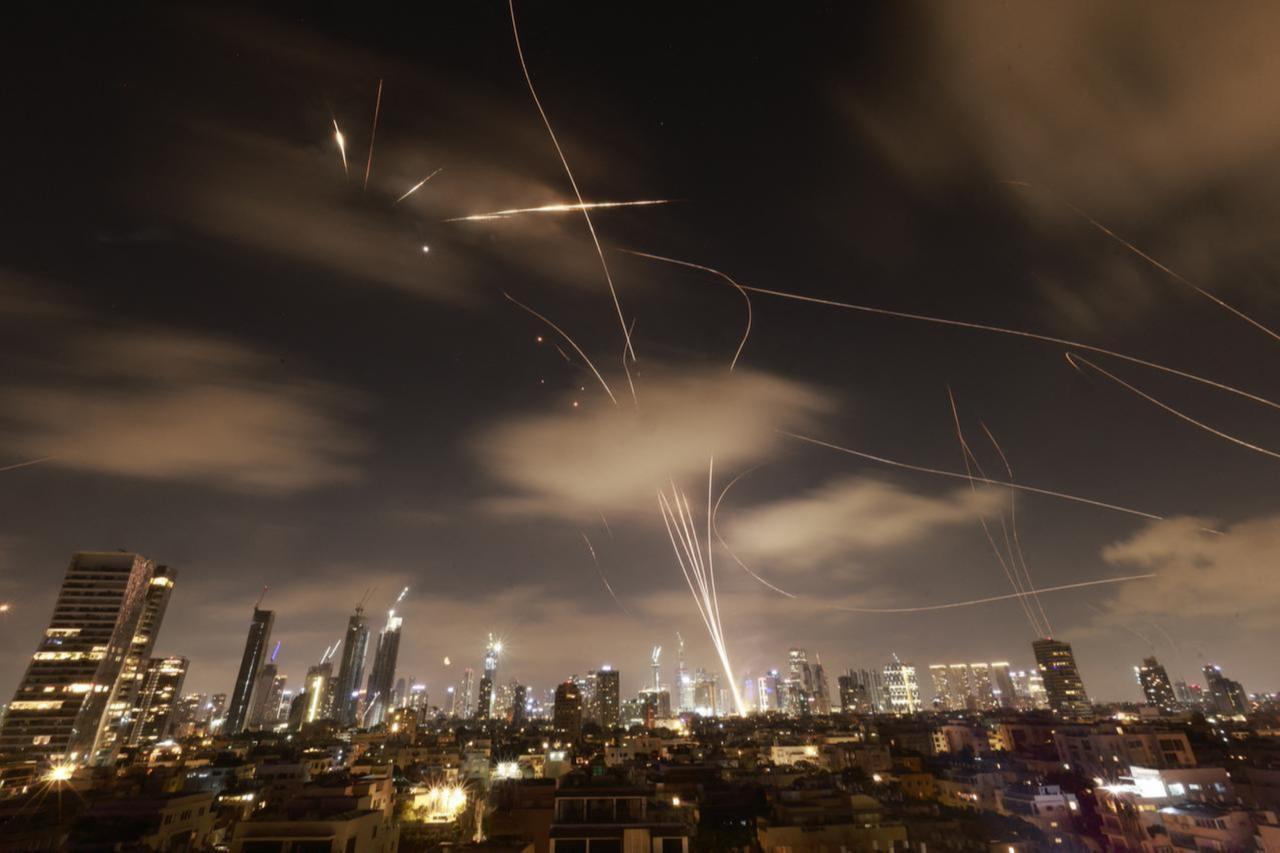
The National Intelligence Academy (MIA) published a report titled "The 12-Day War and Lessons for Türkiye," analyzing the conflict between Israel and Iran that occurred between June 13 and 24, known publicly as the "12-day war."
The report evaluated the military, intelligence, political and technological dimensions of the war in detail, pointing to strategic lessons that should be drawn for Türkiye.
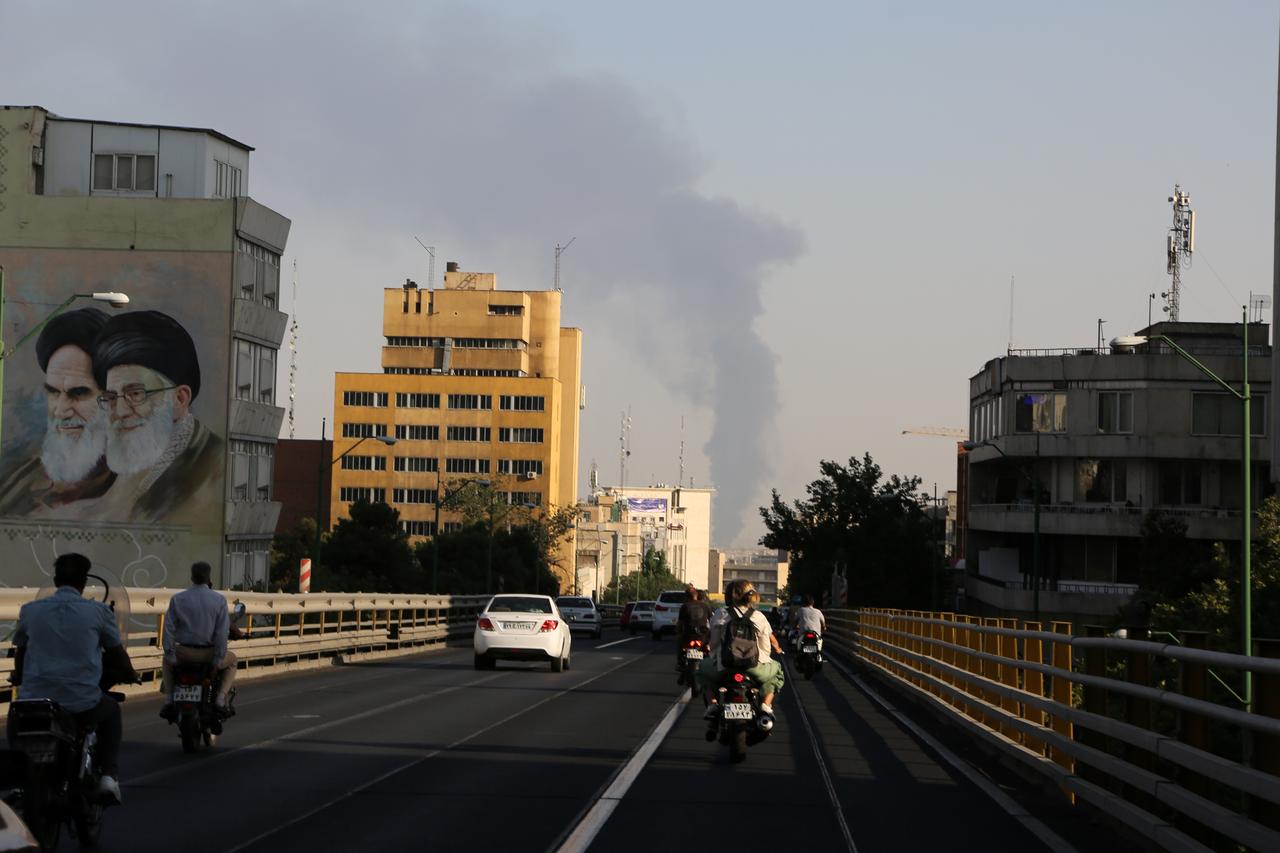
The report emphasized that while Iran tried to establish a balance with its advanced hypersonic missile capacity, these weapons achieved limited success against multi-layered air defense systems.
The report stressed that Israel's difficulty in blocking these missiles despite all its technological superiority "shows that Türkiye must also prepare for similar threats," recommending modernization of air defense systems and strengthening of anti-missile capabilities.
According to the MIA report, the 12-Day War was emphasized as "a striking example of new generation wars creating deep effects in a short time." The war, which began with Israel's surprise air attacks and assassination operations, ended with the U.S. bombing Iranian nuclear facilities.
The report analyzed clearly how modern war technologies, especially air elements, changed the course of war, while "tools such as cyber warfare, electronic attacks and digital manipulation aimed at public opinion also came to the forefront."
In this respect, the war signaled a new period where multi-dimensional forms of struggle beyond classical armies gained weight.
The report determined that Israel's intelligence and operational networks that had been operating within Iran for many years played a decisive role in the war, revealing how modern intelligence structures can shape the fate of war.
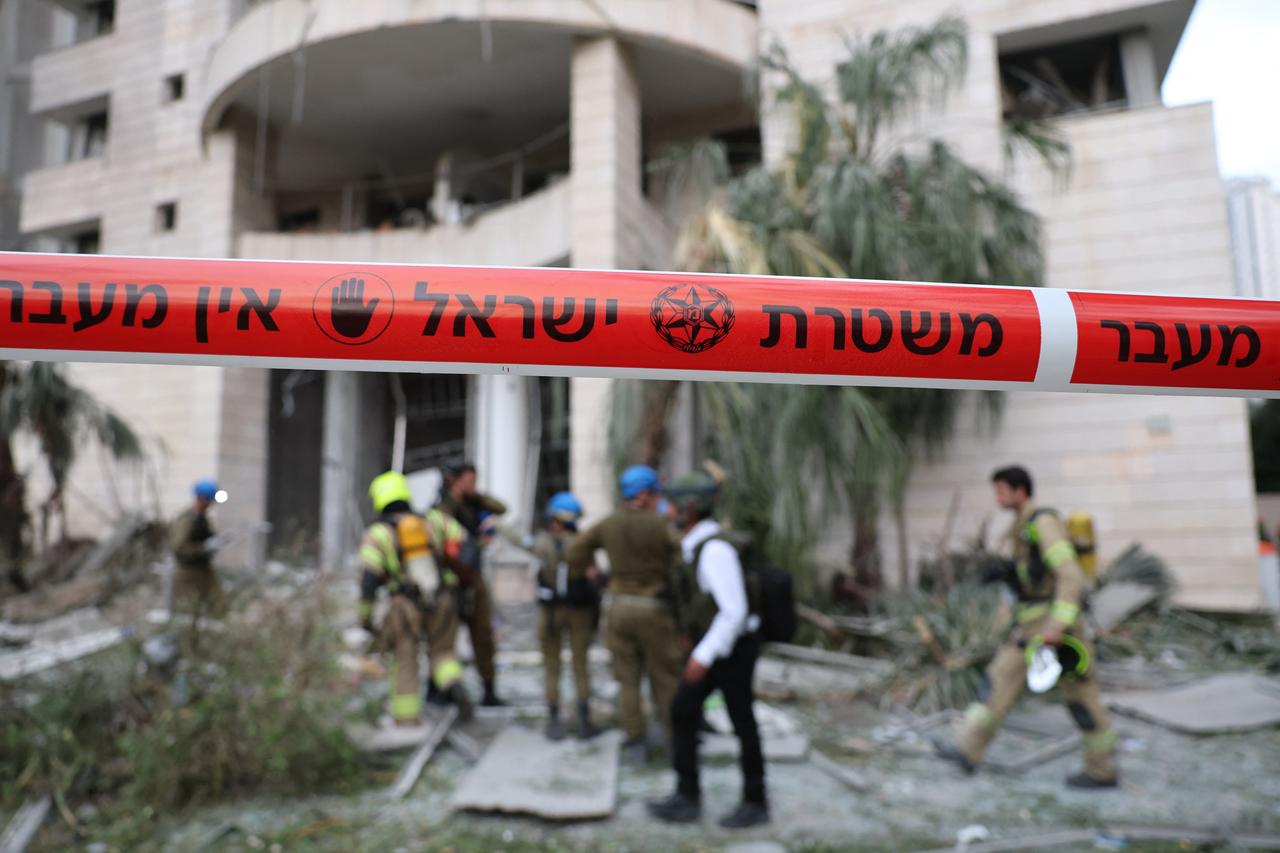
The report reconfirmed the importance of the Turkish Air Forces' integration process of manned and unmanned systems after the war. "Domestic solutions need to be developed for the use of civilian technologies in the military field as much as serial production capacity," it emphasized, noting that the defense industry needs long-term and multi-faceted planning in this context.
The report stated that civilian casualties occurred in many cities, especially the capital Tehran, due to "the inadequacy of early warning systems and shelter infrastructure in Iran."
Drawing attention to Israel preventing similar losses thanks to its advanced civil defense structure, the report stated that "Türkiye should also establish similar infrastructures in its major cities" and noted that "civil defense capacity will have vital importance in future conflicts."
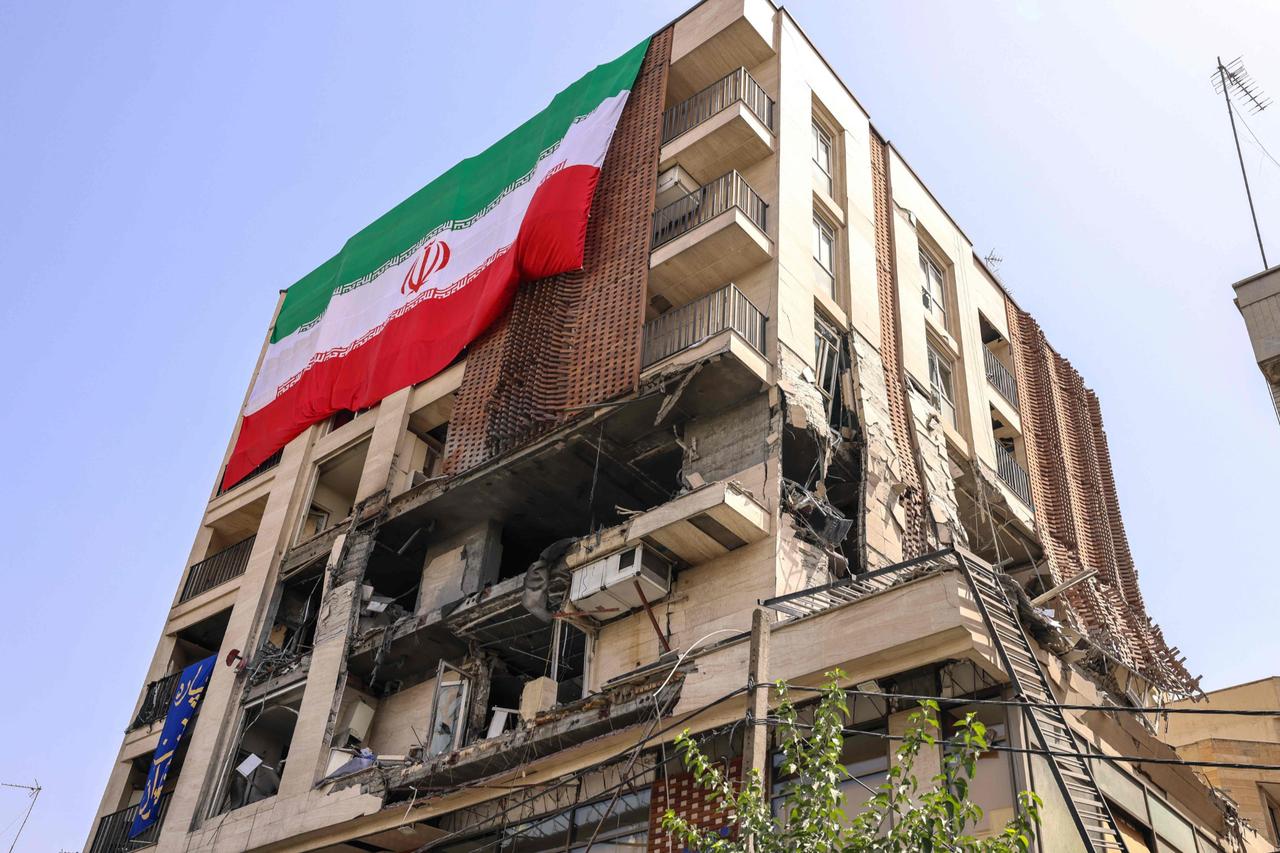
The MIA assessment "clearly expressed that the defense industry has become one of the priority targets of foreign intelligence services" and recommended that "Türkiye develop preventive security policies to protect actors operating in this sector."
The report emphasized that "critical personnel training, early warning systems and digital protection measures will be determining factors in possible future wars."
The report stated that "regional turbulence will be inevitable if diplomatic solution paths are blocked" in Iran. It was noted that this situation could create mass migration toward Türkiye, interruptions in energy supply and border security risks. "Türkiye needs to be prepared for such scenarios" was emphasized.
In MIA's assessment, it was predicted that if a new war breaks out on the Israel-Iran line, "this conflict will be more violent than previous wars," and it was explained that "Türkiye needs to develop a multi-faceted strategy against this possibility."
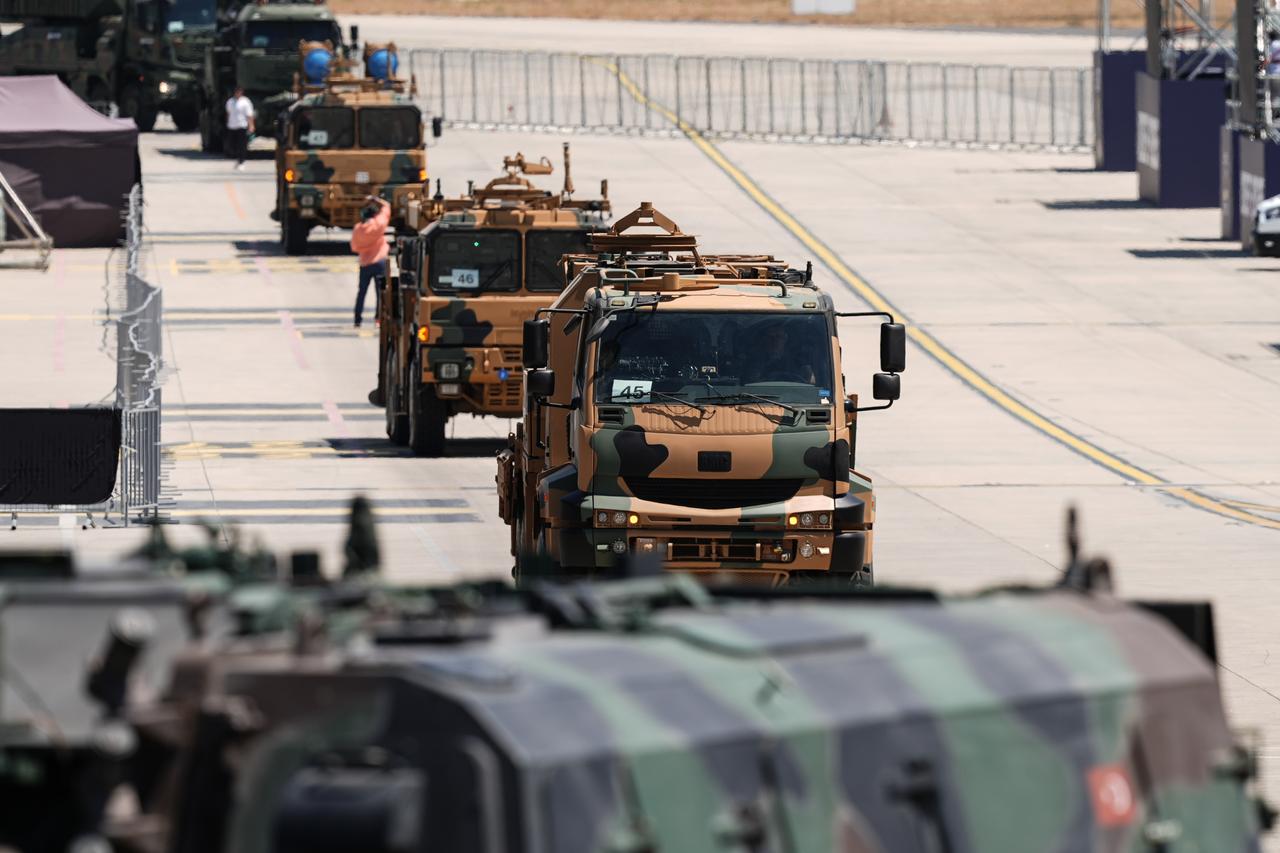
The report's evaluation section stated: "The 12-Day War between Israel and Iran in June 2025 showed that the modern battlefield is not only about kinetic conflicts, and that the impact of the cyber and electromagnetic dimension on conflict results is becoming increasingly decisive."
"The 12-Day War also provided important lessons about the qualities and capabilities that a modern and effective air force should possess," the evaluation continued.
"As a result, the 12-Day War revealed that cyber, electronic and cognitive warfare, which are among the elements shaping the 21st-century war environment, are no longer independent but intertwined and indispensable components of joint operation planning."
The National Intelligence Academy was inaugurated on Jan. 6, 2024, by National Intelligence Organization (MIT) head Ibrahim Kalin, as part of its 97th anniversary events held on Jan. 10, 2024.